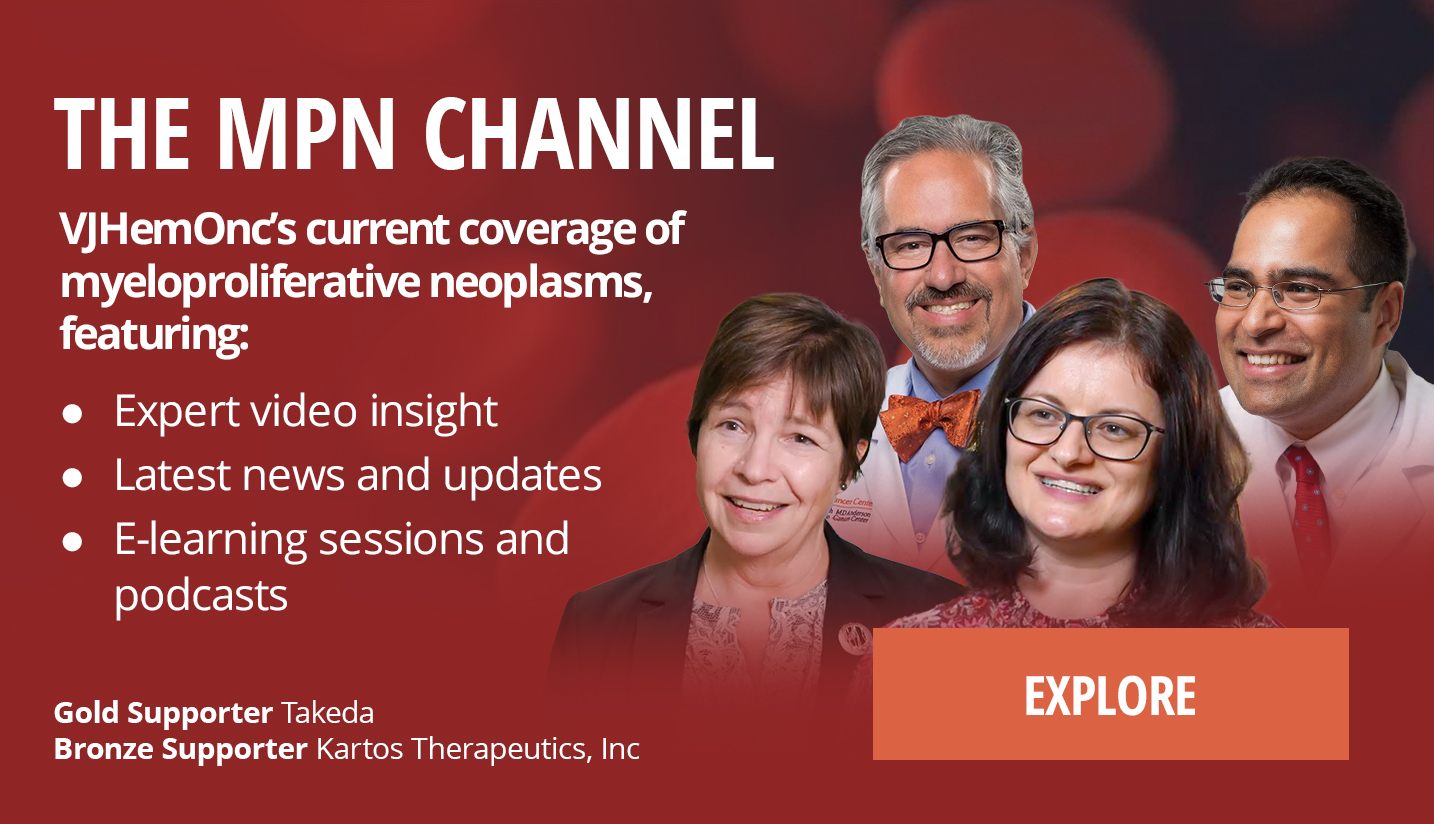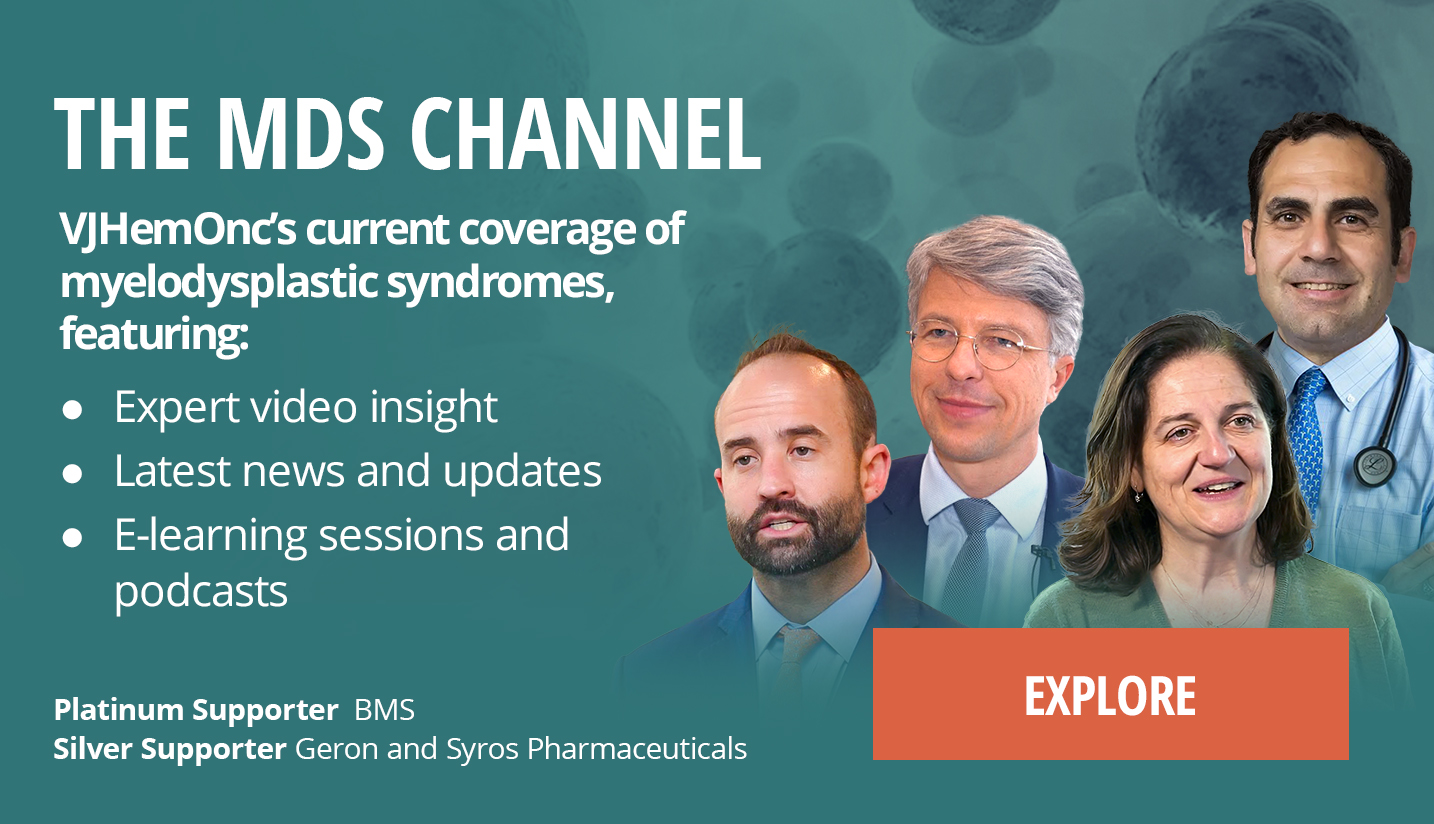I think we are moving towards data-driven medicine, so I believe we are going to have more complex and more comprehensive multimodal risk models, which might not only be directed towards the whole MDS/MPN community of patients, but might also help you identify patients based on their response to different therapies. And I think that’s the way we should move. So it’s going to be always a complex collaboration between medical expertise and AI...
I think we are moving towards data-driven medicine, so I believe we are going to have more complex and more comprehensive multimodal risk models, which might not only be directed towards the whole MDS/MPN community of patients, but might also help you identify patients based on their response to different therapies. And I think that’s the way we should move. So it’s going to be always a complex collaboration between medical expertise and AI. I’m not so sure it will actually be fully data-driven, but I believe it will heavily enrich our decision-making. Actually, there are some examples in the United States with collaborations in decision-making between clinical doctors using generative AI tools for medicine and clinical doctors not using generative AI tools. And there is evidence that those clinical doctors who use generative AI made better decisions on their patients. So, at some point, I think it might be unethical not to use it if you prove that the tool enriches your decision making.
This transcript is AI-generated. While we strive for accuracy, please verify this copy with the video.















